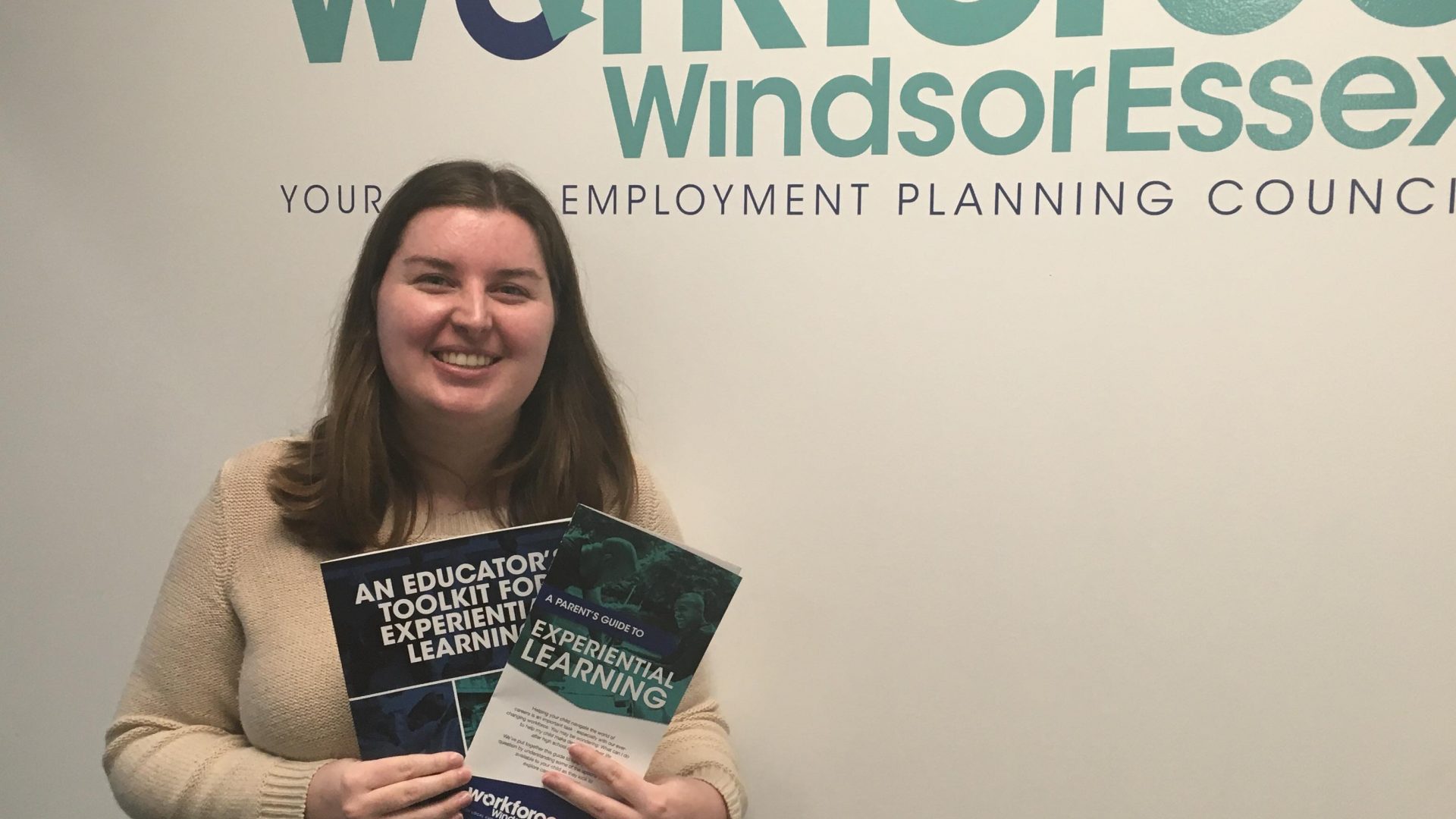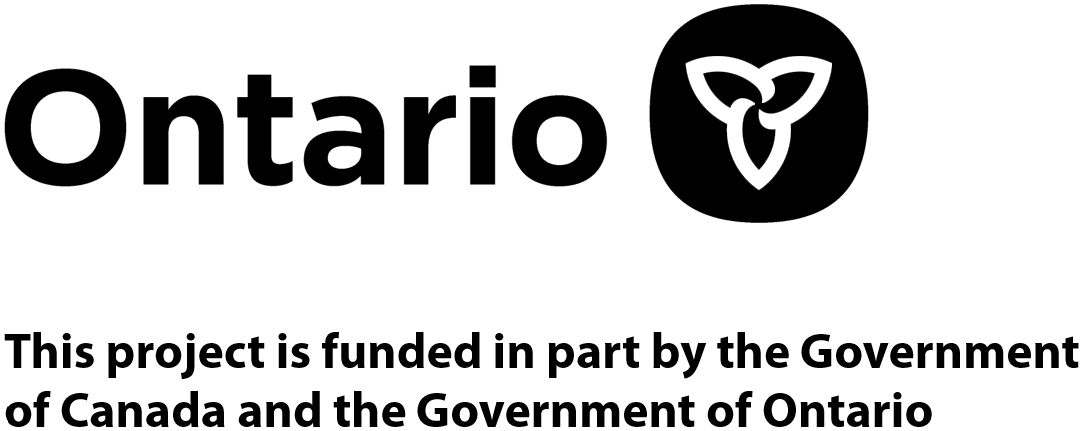“Data is super cool.” For the last two years, Tashlyn Teskey has been on the Workforce WindsorEssex team. She is a Researcher- Qualitative Labour Market Information Specialist responsible for researching and gathering data on the local labour market and educating the community on labour market trends and career pathways.
She studied International Development, with a Bachelors of Environmental Studies at the University of Waterloo. She returned back to Essex County to do her Masters of Arts in Political Science at the University of Windsor.
Tashlyn has been behind almost every major project coming out of the Local Employment Planning Council with her research skills.
We talked to her about her work and what everyone can learn about labour market information:
How did you start at Workforce WindsorEssex?
I ended up in this role through an internship in my Masters. The content of what I had been learning hasn’t always translated, but skills have: the ability to write reports, taking statistics classes — its all numbers and charts.
I learned how to speak with communities that I was unfamiliar with. I did my first experiential learning placement in Nepal for eight months. I was working with a women’s rights organization. That doesn’t always translate to what I do now, but being outside of my comfort zone, speaking to community partners and seeing a grass roots organization make an impact — I’ve been able to take that with me.
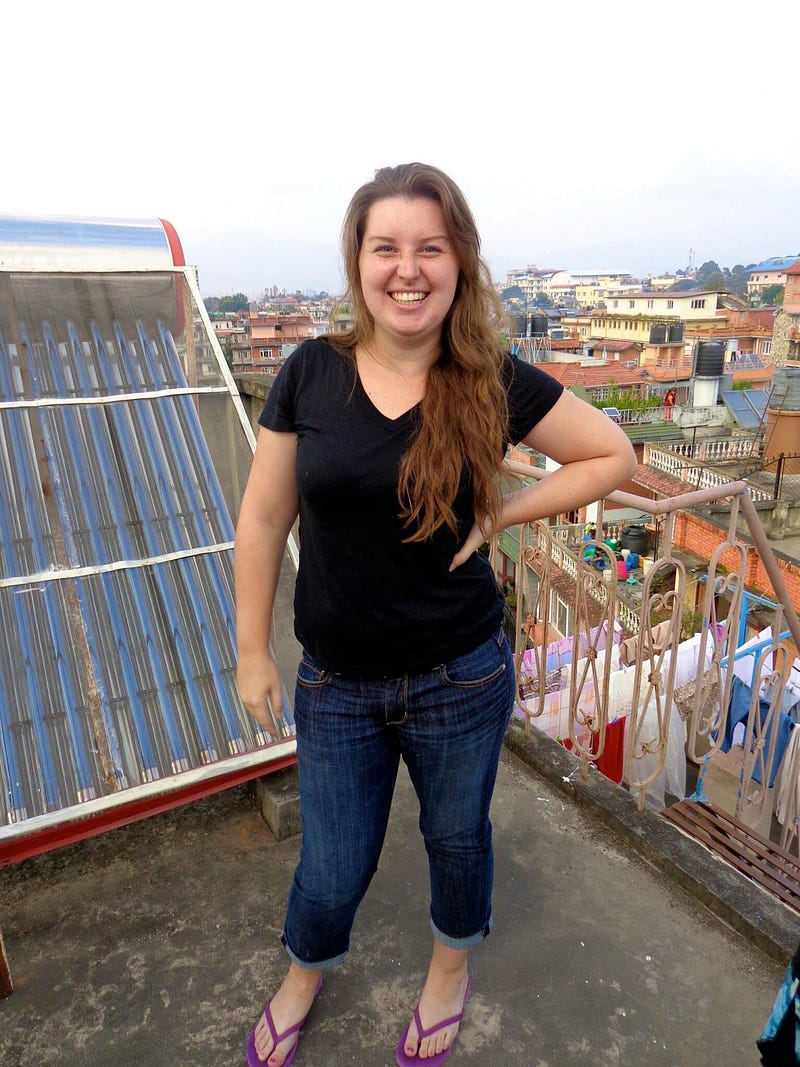
What does a Qualitative Specialist do?
Katie, our Quantitative Specialist, does numbers, I do words. That’s the basic difference between quantitative and qualitative.
I mostly look at survey responses, interviews, and put them into reports and relay it back to the data. Sometimes I take statistics and make them more visual. Having the story behind the numbers is nice so that you understand more of what the numbers are showing you.
How do you ask a good survey question?
We often like to ask simple questions that aren’t leading. So if you want to learn about someone’s experience in their job, you would ask “how has your experience been?” rather than “what is the best part of your job?” You don’t want questions that will skew the answers.
What have you learned surveying people in the community?
For the last couple months, we’ve been surveying newcomers about the work experience they have in other countries and since they’ve been in Canada. A lot of people have misconceptions about newcomers and the backgrounds they come with. We are meeting meteorologists, biochemists, interior decorators, construction workers, and teachers. It’s been interesting to learn how people do those types of jobs around the world.
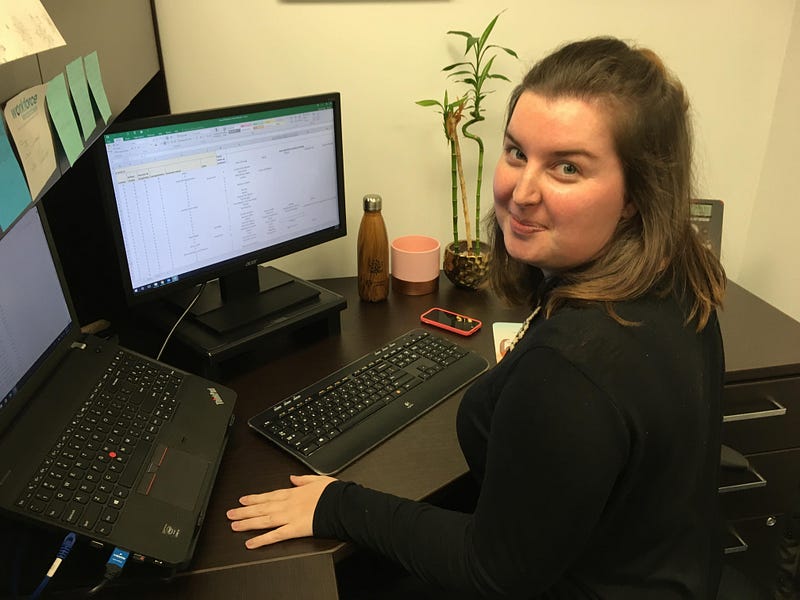
What can people learn from labour market information?
It shows you the trends of hiring, wages, where the jobs are. For instance, if you have a job in mind, you can look at the data to see if it is in demand or if it pays well. That might make you change your mind or reinforce a good choice. If you have no idea what you want to do for a career, you can look at data for a lot of jobs and see which one does the best.
What project did you like working on the most?
I am most proud of the Experiential Learning project. I wanted people to know that that type of learning isn’t solely your high school co-op placement, but it can be job shadowing, work placements, volunteering, doing hands-on activities or even asking good questions.
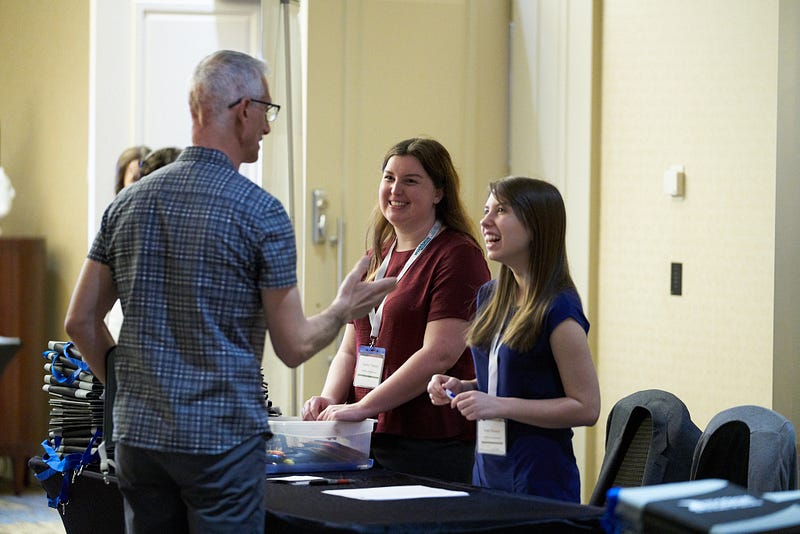
What can high school students do to prepare for their careers?
Try out as much as you can. Take co-op placements, go on tours. Go to a science museum; even if you end up having zero interest in it, you’ve learned that you might not want to work in science. We consider that a success because you can figure out what you like and don’t like.
Think about what hobbies you have and figure out if you’d like to do that all day, every day as a career. If you like playing video games, look at becoming a video game developer.
I try to promote experiential learning opportunities outside of work as well. I currently mentor a local robotics team and am a leader for a Girl Guides unit. It’s so cool to see young kids discover new interests, and in the case of robotics, turn it into a career.
